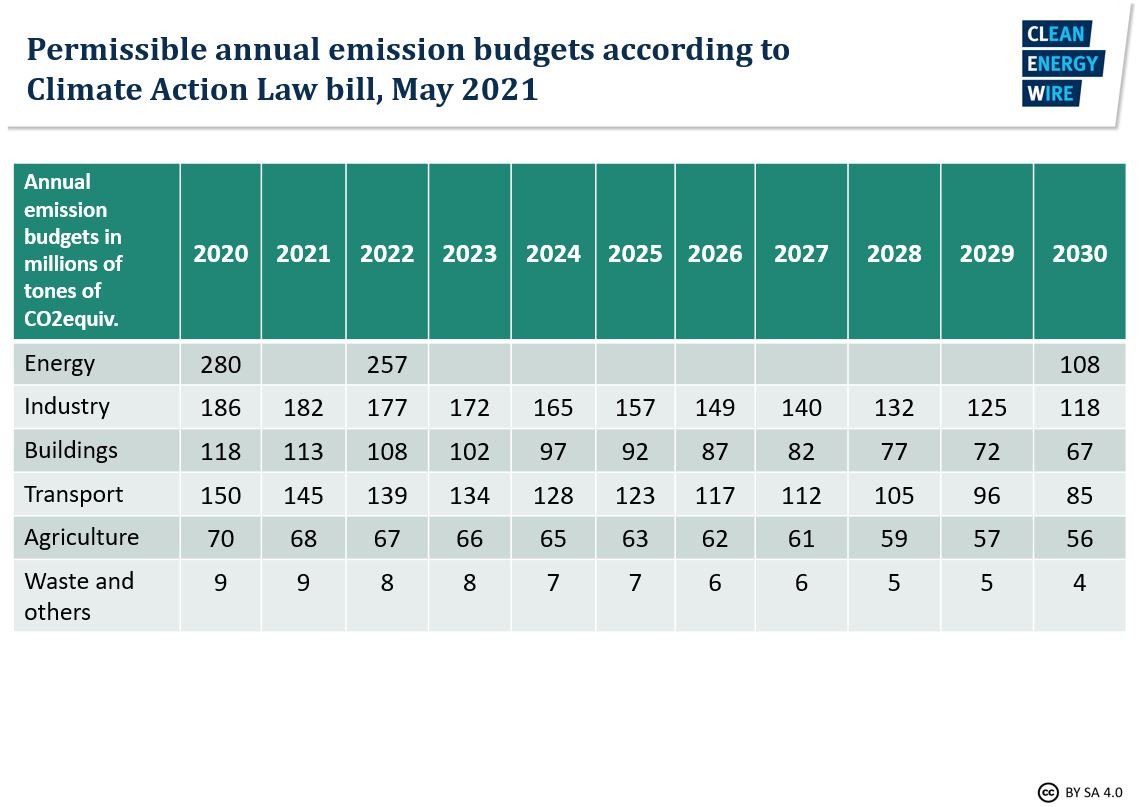
#ClimateTwitter we need to talk about percentages and denominators.
Depending on what you divide it by, any measure bringing about carbon emission reductions can be made to look ridiculously small, or huge.
Good to be aware of these things [THREAD]
Depending on what you divide it by, any measure bringing about carbon emission reductions can be made to look ridiculously small, or huge.
Good to be aware of these things [THREAD]
For illustrative purposes, let's take this measure I've been tweeting about lately: introducing a generalised 130km/h motorway speed limit in Germany (where there isn't any) would cut annual emissions by 1.9MTCO2e.
Is it much? Is it little?
Is it much? Is it little?
https://twitter.com/giulio_mattioli/status/1410171897065660417
So I get people in my mentions dividing that by the *total amount of global emissions in any sector, in any country*
The precise figures below may or may not be accurate but obviously if you do that, the impact will inevitably look very small
The precise figures below may or may not be accurate but obviously if you do that, the impact will inevitably look very small
https://twitter.com/Origa9/status/1410226013217374213
Now the problem with that is that if you take a global, cross-sectoral perspective, CO2 emissions are a river of 1000 streams ⬇️
Lot of sectors, each of them accounting for a small share of emissions. We need to tackle them all though
Lot of sectors, each of them accounting for a small share of emissions. We need to tackle them all though
https://twitter.com/giulio_mattioli/status/1409805788210765826
Same goes for countries. Except for 3 (very populous, or very rich) countries, every other country in the world accounts for (far) less than 6% than total emissions.
But altogether those countries account for 60% of emissions.
ucsusa.org/resources/each…
But altogether those countries account for 60% of emissions.
ucsusa.org/resources/each…

So comparing a single measure in a single country to total global emissions is a BAD IDEA.
It's a technique often used by those who oppose that measure on other (less presentable) grounds ⬇️
It's a technique often used by those who oppose that measure on other (less presentable) grounds ⬇️
https://twitter.com/giulio_mattioli/status/1278788155391565831
So what about the other extreme? What if I wanted to make emission reductions from motorway speed limit look *huge*?
I could put the total fossil CO2 emissions of some very poor (but populous) African countries on the denominator. They are *lower*
I could put the total fossil CO2 emissions of some very poor (but populous) African countries on the denominator. They are *lower*
https://twitter.com/giulio_mattioli/status/1410527609826512903
Now that's interesting. I guess many people wouldn't know that. But it just tells us something about the *huge imbalances* between carbon footprints in the Global North and the Global South really. It doesn't say anything meaningful about motorway speed limits per se.
So what would be a better denominator/percentage?
This for example: you compare the emission reductions that you could achieve *in a year* with the speed limit with the *transport* emission *target* of the country in question for *next year*
It's 40%
This for example: you compare the emission reductions that you could achieve *in a year* with the speed limit with the *transport* emission *target* of the country in question for *next year*
It's 40%
https://twitter.com/giulio_mattioli/status/1414555030141784072
So don't be surprised. The same measure can reduce global emissions by 0.000X%, be >100% of the emissions of some very poor country, and help achieving 40% of a country's transport emission reduction target for next year.
All of these are true, but some of these are misleading.
All of these are true, but some of these are misleading.
@Unrollme please unroll
• • •
Missing some Tweet in this thread? You can try to
force a refresh












